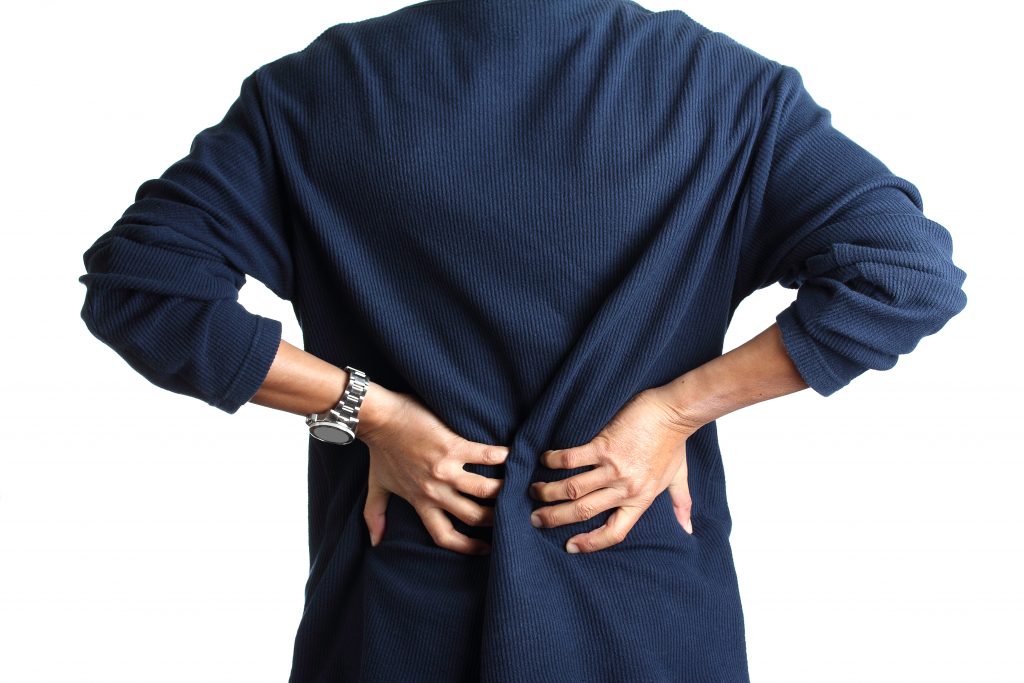Urolithiasis can be described as the process of forming stones in the kidney, bladder, and/or urethra (urinary tract). Stone incidence depends on geographical, climatic, ethnic, dietary, and genetic factors. The recurrence risk is basically determined by the disease or disorder causing the stone formation. Accordingly, the prevalence rates for urinary stones vary from 1% to 20%. The most common age range is 20-50 years.
Signs / Symptoms
What's common signs of urolithiasis?
Some stones stay asymptomatic, most will result in pain.
- Severe, sharp pain in the side and back, below the ribs
- Pain in lower abdomen and groin that comes in waves and fluctuates in intensity
- Pain or burning sensation while urinating
- Pain or difficulty when peeing.
- Peeing more frequently (particularly at night)
- Cloudy or dark-colored urine.
- Nausea and vomiting
- Fever and chills if an infection is present
Common causes
What's common causes of urolithiasis?
Stones can be occurred:
- Infection
- Genetic defects
- Dehydration (poor oral fluid intake)
- Adverse drug effects (drug stones)
- High protein intake of animal origin
- High oxalate intake (found in foods such as beans, beer, berries, coffee, chocolate, some nuts, some teas, soda, spinach, potatoes)
- High salt intake
- Excess body weight
- Immobilization
- The effect of calcium intake is paradoxical, with a decreased risk with increased dietary calcium and an increased or no change in risk with calcium supplements.
- Medical conditions (such as Gout, Diabetes mellitus, Primary hyperparathyroidism, hypercalcemia, hypercalciuria, Hypertension, Urinary tract infection, Cystinuria)
- Some surgical treatments
Departments & Emergency
If you have one or more signs/symptoms, it is recommended that you visit for General Practitioner around a few days. Also visiting a Urology/Nephrology or an Internal Medicine/Infectious Disease and Clinical Microbiology specialist in an appropriate time is beneficial.
Diagnosis
It can be diagnosed with imaging. Urine testing, blood testing and analysis of passed stones will be useful to assess status of the disease and can be help treatment options.
Treatment
Treatment options for stones varies, depending on the type of stone and the cause.
- Drinking water: Unless doctor tells you otherwise, drinking as much as 1.8 to 3.6 liters a day will help urine dilute and may prevent stones from forming.
- Pain relievers. Passing a small stone can cause some discomfort. It is used to suppress this discomfort.
- Medical therapy. Doctors may give medication to help pass small stones.
If stones are too big to pass. There are some medical options that could be recommended.
- Using sound waves to break up stones: ESWL uses sound waves and create strong vibrations (shock waves) for break the stones into tiny pieces that can be passed in urine.
- Surgery to remove very large stones in the kidney: Percutaneous nephrolithotomy involves surgically removing a kidney stone.
- Using a scope to remove stones: Ureteroscopy can be succeeded to get rid of stone by removing it from kidney or urinary tract.
- Parathyroid gland surgery: When these glands produce too much parathyroid hormone (hyperparathyroidism), your calcium levels can become too high and kidney stones may form as a result. Removing the growth from the gland stops the formation of kidney stones. Or your doctor may recommend treatment of the condition that’s causing your parathyroid gland to overproduce the hormone.
FAQ
How do you get rid of bladder stones naturally?
- Drink water (2-3 liters per day)
- Empty your bladder regularly without delay
- Drink lemon juice
- Consume apple cider vinegar
- Manage weight.
- Avoid sugary or caffeinated drinks
- Choose a diet low in salt and animal protein
- If you tend to form calcium oxalate stones, your doctor may recommend restricting foods rich in oxalates (Such as rhubarb, beets, okra, spinach, Swiss chard, sweet potatoes, nuts, tea, chocolate, black pepper, soy products)
- Continue eating calcium-rich foods, but use caution with calcium supplements
- Avoid constipation
Does lemon juice dissolve kidney stones?
Citrate, a salt in citric acid, binds to calcium and helps block stone formation.
What could be the cause of recurrent kidney stones?
Once the bladder stones have been removed, the underlying cause will need to be treated to avoid new bladder stones forming. Prostate enlargement, neurogenic bladder, cystocele may be the cause of recurrent kidney stones.
References:
- Trinchieri A, et al., Epidemiology, In: Stone Disease, edited by Segura J, Conort P, Khoury S, Paris, France, Editions 21, 2003, from https://www.ncbi.nlm.nih.gov/pmc/articles/PMC2781200/
- Mayo Clinic. (2020, March 5). Kidney stones. Retrieved April 24, 2021, from https://www.mayoclinic.org/diseases-conditions/kidney-stones/symptoms-causes/syc-20355755
- Mayo Clinic. (2020, March 5). Kidney stones. Retrieved April 24, 2021, from https://www.mayoclinic.org/diseases-conditions/kidney-stones/diagnosis-treatment/drc-20355759
- Thakore P., Liang T.H. (November 20, 2020). Urolithiasis. Retrieved April 24, 2021 from https://www.ncbi.nlm.nih.gov/books/NBK559101/
- European Association of Urology Guidelines on Urolithiasis 2021, from https://uroweb.org/guideline/urolithiasis/
- National Health Service. (03 August 2018). Bladder Stones. Retrieved April 24, 2021 from https://www.nhs.uk/conditions/bladder-stones/treatment/
- Huizen J. (2019, December 20). 6 Natural Home Remedies for Kidney Stones. Retrieved April 24, 2021 from https://www.medicalnewstoday.com/articles/319418
- Tamm EP, Silverman P.M., Shuman W.P. Evaluation of the patient with flank pain and possible ureteral calculus. Radiology. 2003;228 (2): 319-29. From https://pubmed.ncbi.nlm.nih.gov/12819343/




Pingback: Anemia Disease - Yesil Health